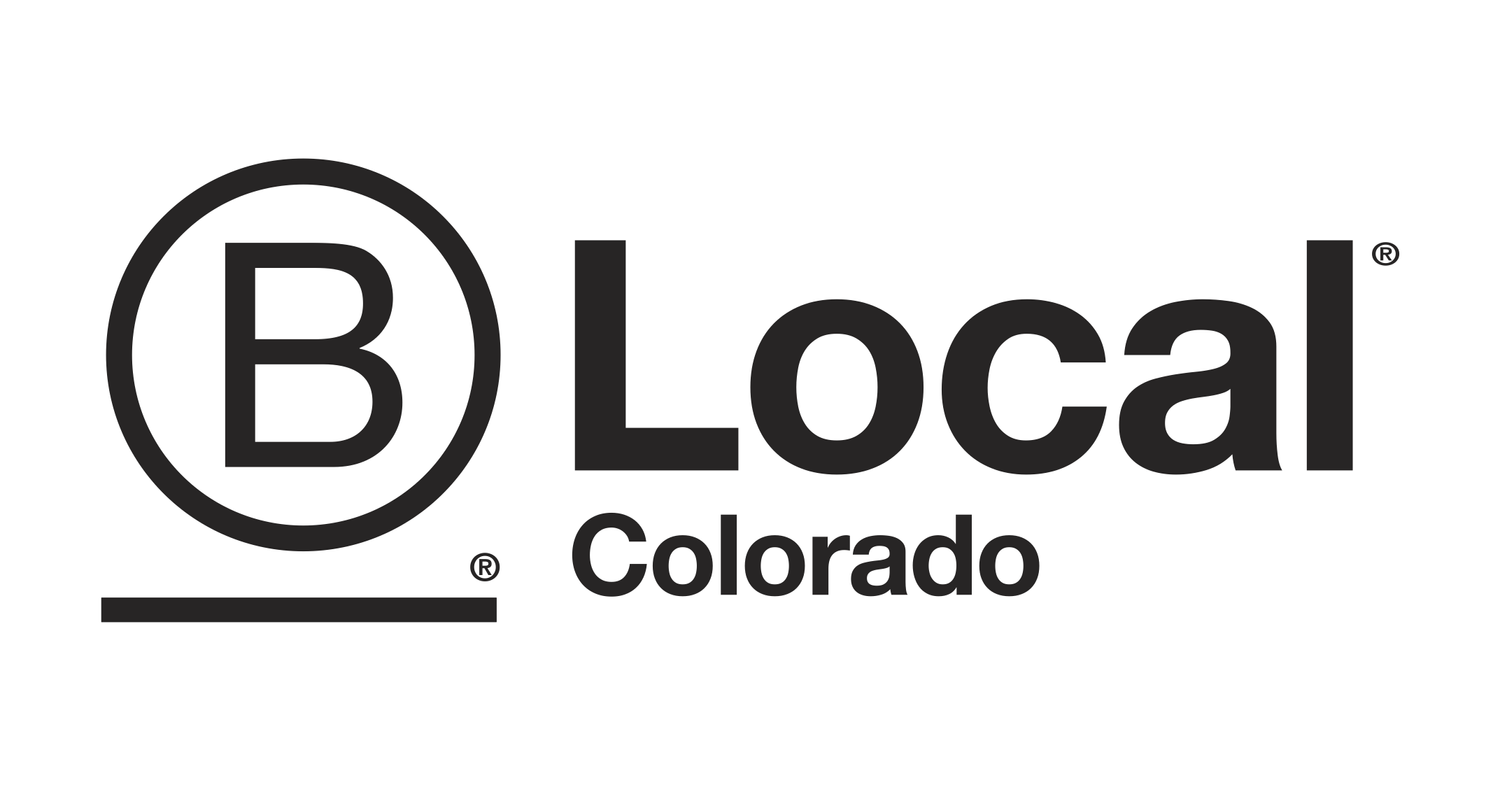In February B Corps and friends gathered together in-person after a many month hiatus. As a founding member of the B Local Board, I have seen over the last few years how our community is at its strongest, but also lags in that continued sense of togetherness when we are not in the same room. This happy hour was aimed at getting those that could join in a room, while still having virtual access, and break some bread and get to know each other more intimately.
While thoughtful of COVID, we gathered safely and it was great to see so many faces, including folks from Amalgamated Bank, Blue Dot Law, Moye White, Milgrom & Daskam, Sustainable Advisors Alliance, CU Boulder, GadellNet, Simple Switch, and Meow Wolf. We were generously hosted by Shift Workpaces. This meant we ranged from financial services, to attorneys, to art spaces, retail companies, and teachers.
Much of our time was spent hanging around and getting to know one another, but we did have some insight from Jon Milgrom of Milgrom & Daskam about basic legal FYIs. A few key takeaways:
Business Structure: When setting up your own business, take some time to think through which entity structure makes the most sense for your purposes. These include Sole Proprietor, LLC, C-Corporation, S-Corporation, and Public Benefit Corporation (PBC). These each have a variety of considerations like how many people can participate, the legal liability you personally hold, and the taxation structure. Whether you have a second house, side hustle, or full on business, you want to think through having a separate legal entity associated with it.
PBC vs B-Corp: A B-Corp, or more formally a Certified Benefit Corporation, is a third-party designation by B Lab verifying that based on their strict 200 or so question criteria, your business qualifies as a Force for Good! A PBC is the legal variation of this that does not require a specific threshold of verified business practices. Instead, it legally allows you to say your business if founded on considering all stakeholders who are affected by your business, and not just a sole focus on the shareholder’s profit. A PBC is allowed in nearly 35 states while the B Corp is available in all 50. A PBC will have to provide an annual impact report.


